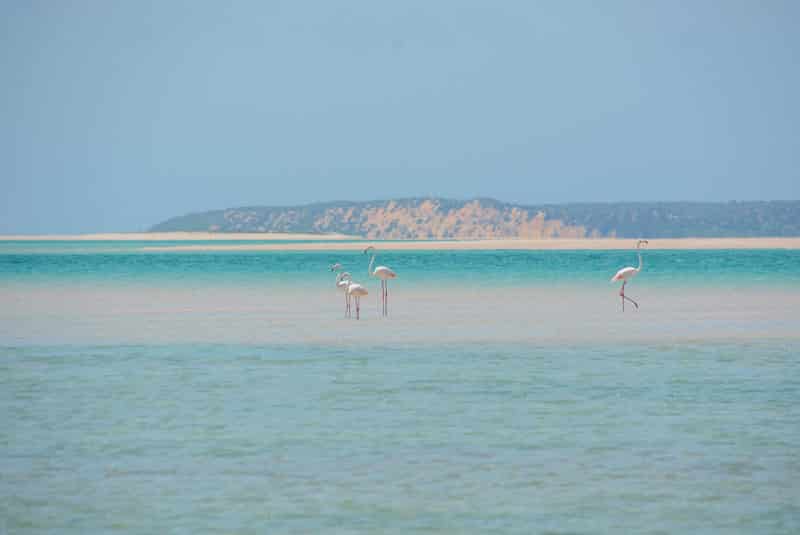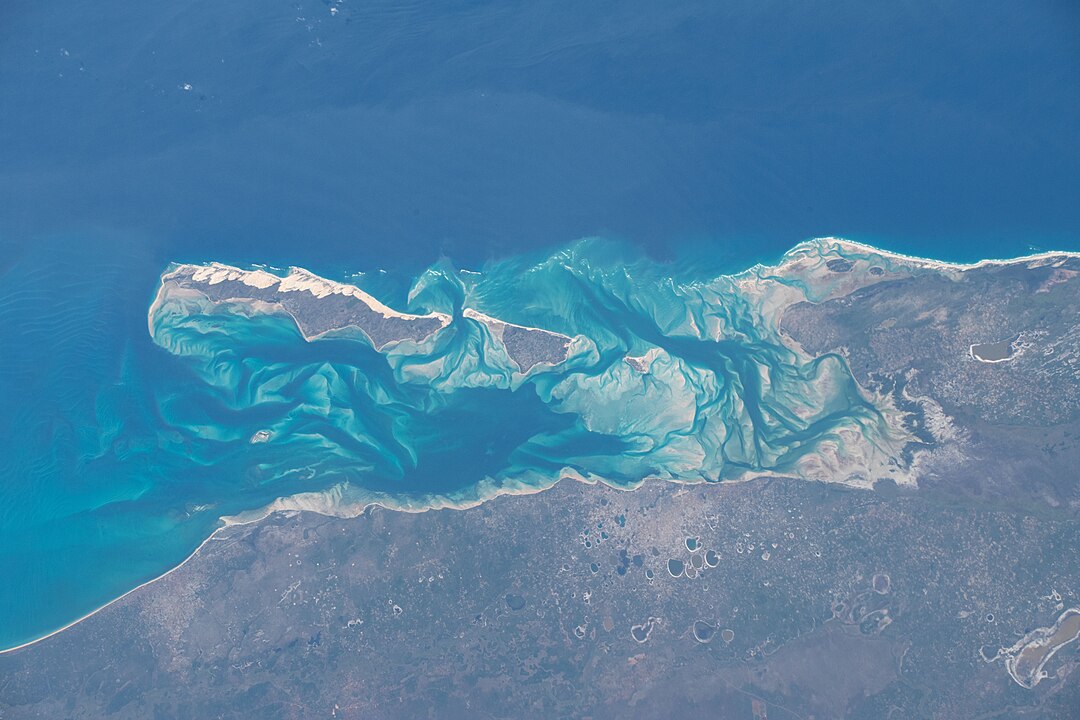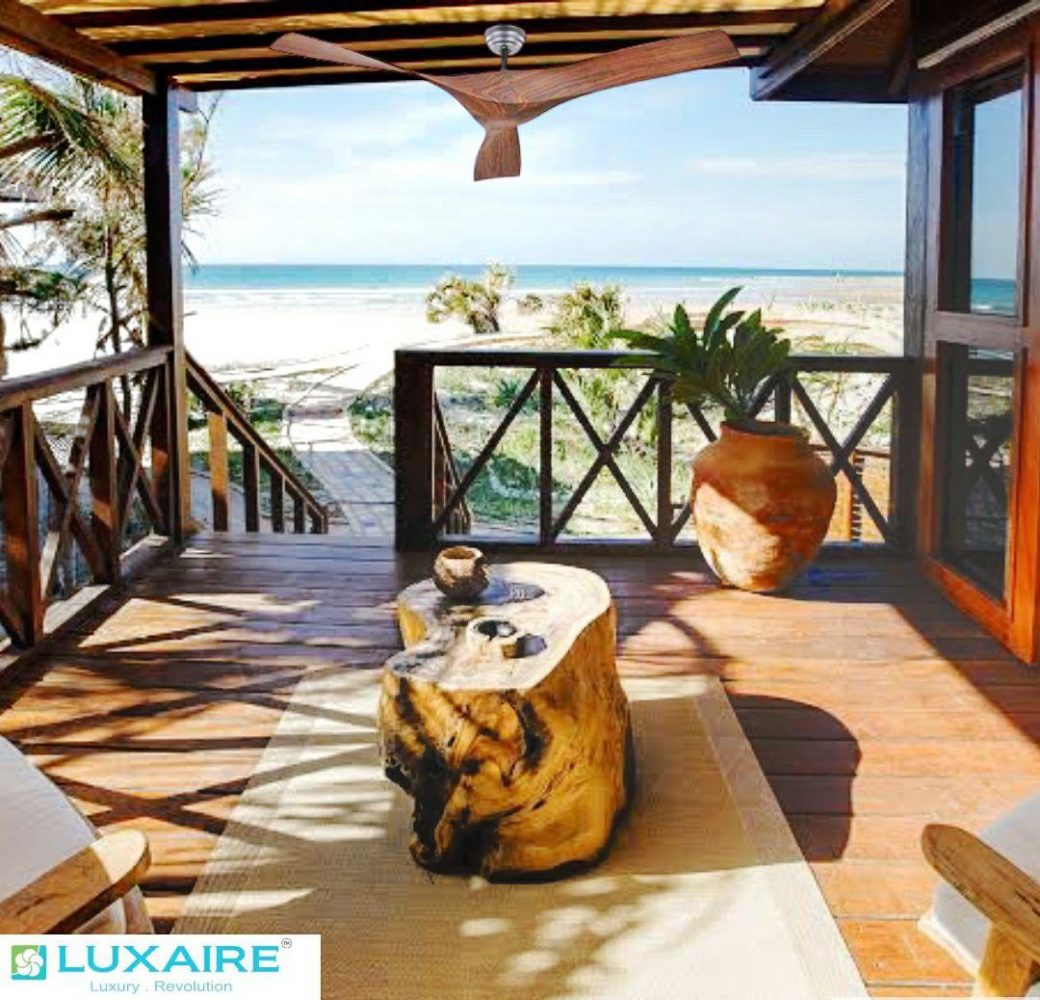Mozambique: A Jewel on the East African Coast
Related Articles: Mozambique: A Jewel on the East African Coast
Introduction
With great pleasure, we will explore the intriguing topic related to Mozambique: A Jewel on the East African Coast. Let’s weave interesting information and offer fresh perspectives to the readers.
Table of Content
Mozambique: A Jewel on the East African Coast

Mozambique, a nation nestled along the southeastern coast of Africa, holds a prominent position on the world map. Its strategic location, diverse landscapes, and rich cultural heritage make it a fascinating destination for both travelers and researchers.
Geographical Significance:
Mozambique’s location on the Indian Ocean coast grants it significant maritime importance. It shares borders with several countries, including South Africa, Swaziland, Zimbabwe, Malawi, and Tanzania, making it a vital link in the regional trade network. Its extensive coastline stretches over 2,470 kilometers, offering access to vital shipping routes and abundant marine resources.
A Tapestry of Landscapes:
Mozambique boasts a remarkable diversity of landscapes, ranging from the vast expanse of the Gorongosa National Park, renowned for its remarkable wildlife, to the verdant valleys of the Zambezi River, a source of life and sustenance. The country’s coastal regions are adorned with pristine beaches, crystal-clear waters, and vibrant coral reefs, making it a paradise for beach lovers and scuba diving enthusiasts.
Cultural Heritage and Historical Significance:
Mozambique’s history is deeply intertwined with its cultural heritage. The nation is home to a diverse array of ethnic groups, each contributing unique traditions, languages, and art forms. The legacy of Portuguese colonialism, evident in the country’s architecture and language, has left an indelible mark on its cultural landscape.
Economic Potential and Development:
Mozambique holds significant economic potential, particularly in the sectors of tourism, agriculture, and natural resource extraction. The country’s abundant natural resources, including coal, natural gas, and gemstones, offer opportunities for economic growth. However, challenges remain in terms of poverty, infrastructure development, and political stability.
Understanding Mozambique’s Position on the World Map:
To grasp the significance of Mozambique on the world map, it is crucial to understand its strategic location and its role in regional and global affairs.
- Trade Hub: Mozambique serves as a vital trade hub, connecting the landlocked countries of Southern Africa to the Indian Ocean. Its ports, including Maputo and Beira, facilitate the movement of goods and services, playing a crucial role in regional economic development.
- Tourism Destination: Mozambique’s stunning beaches, diverse wildlife, and rich cultural heritage have made it a popular tourist destination. The country is actively developing its tourism infrastructure to attract international visitors and generate revenue.
- Natural Resource Potential: Mozambique possesses significant natural resources, including coal, natural gas, and gemstones. The development of these resources has the potential to drive economic growth and improve living standards.
- Regional Stability: Mozambique’s role in regional stability is crucial, as it shares borders with several countries in Southern Africa. The country’s efforts to maintain peace and security contribute to the overall stability of the region.
Frequently Asked Questions:
Q: What is the capital of Mozambique?
A: The capital of Mozambique is Maputo.
Q: What is the official language of Mozambique?
A: The official language of Mozambique is Portuguese.
Q: What is the currency of Mozambique?
A: The currency of Mozambique is the Mozambican metical (MZN).
Q: What are some of the major tourist attractions in Mozambique?
A: Some of the major tourist attractions in Mozambique include:
- Gorongosa National Park
- Bazaruto Archipelago
- Maputo City
- Inhambane Province
- Quirimbas Archipelago
Q: What are some of the challenges facing Mozambique?
A: Some of the challenges facing Mozambique include:
- Poverty
- Infrastructure development
- Political instability
- Environmental degradation
Tips for Visiting Mozambique:
- Obtain a visa before traveling to Mozambique.
- Pack light clothing and mosquito repellent.
- Be aware of the local customs and traditions.
- Learn a few basic Portuguese phrases.
- Support local businesses and communities.
Conclusion:
Mozambique’s position on the world map is significant, reflecting its strategic location, diverse landscapes, rich cultural heritage, and economic potential. The country’s efforts to address its challenges and leverage its strengths will shape its future trajectory and its role in the global community. As Mozambique continues to develop, it remains a fascinating and valuable member of the African continent.








Closure
Thus, we hope this article has provided valuable insights into Mozambique: A Jewel on the East African Coast. We appreciate your attention to our article. See you in our next article!